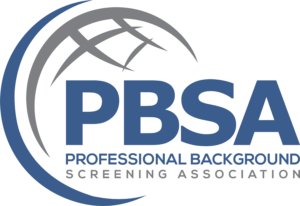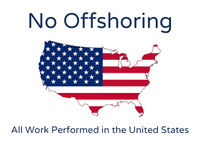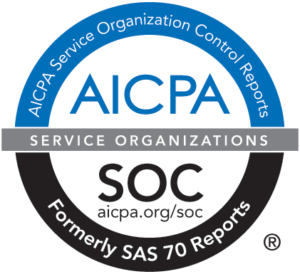Organizational Learning Theory refers to the process by which organizations develop the capacity to learn, improve and evolve. It’s an interdisciplinary field of study that encompasses a range of perspectives, including management, psychology, sociology, and information technology. This blog post will explore some of the benefits of organizational learning theory and how it can be applied in practice.
- Improved Decision-Making: One of the main benefits of organizational learning is that it helps organizations make better decisions. Organizations can identify new opportunities and make more informed decisions by continuously learning and gathering information. According to a study published in the Journal of Applied Psychology, organizations that engage in learning activities make more accurate decisions, solve problems more effectively, and adapt more readily to environmental changes (Cameron & Quinn, 2006).
- Increased Adaptability: Organizations that engage in learning activities are better equipped to respond to change and remain competitive. This is because they have a continuous flow of information and ideas that enables them to identify new opportunities and adjust their strategies accordingly. A study published in the Academy of Management Journal found that organizations with a strong learning culture are more adaptable and are better able to respond to changes in the environment (Gino & Pierce, 2009).
- Enhanced Organizational Performance: Organizational learning can also lead to improved performance. By continuously learning and improving, organizations can increase their efficiency, productivity, and competitiveness. According to a study published in the Strategic Management Journal, organizations that engage in learning activities have higher levels of performance compared to organizations that do not engage in learning activities (Crossan, Lane, & White, 1999).
- Improved Employee Satisfaction and Retention: Organizational learning can also lead to improved employee satisfaction and retention. When employees feel that they are learning and growing in their jobs, they are more likely to be engaged and motivated. Additionally, by providing employees with opportunities for growth and development, organizations can increase employee retention and reduce turnover. A study published in the Journal of Applied Psychology found that organizations with a strong learning culture have higher levels of employee satisfaction and lower levels of turnover (Eisenbeiss, Knippenberg, & Boerner, 2008).
In conclusion, Organizational Learning Theory offers numerous benefits to organizations, including improved decision-making, increased adaptability, enhanced organizational performance, and improved employee satisfaction and retention. By continuously learning and improving, organizations can remain competitive and achieve long-term success.
Dr. Patrick K. Collard is the Managing Member & Evidence-based HR Consultant for trustHR | GObackgrounds (San Diego, CA and Brookfield, WI). He has over 30 years of experience as a human resources consultant. He holds a Bachelor of Arts in Law and Society and a Master of Human Resources and Employment Relations with a concentration in Employment and Labor Law from Penn State University. Dr. Collard earned his doctorate from the University of Maryland Global Campus. He defended his dissertation – Recruiting the Untapped Talent Pool of Hiring an Employee with a Criminal Record: A Systematic Review. Schedule a Discovery Call with Dr. Collard at – https://calendly.com/patrickcollard/discovery-call
References
Cameron, K. S., & Quinn, R. E. (2006). Diagnosing and changing organizational culture: Based on the competing values framework. Wiley.
Crossan, M. M., Lane, H. W., & White, R. E. (1999). An organizational learning framework: From intuition to institution. Academy of Management Review, 24(3), 522-537.
Eisenbeiss, S. A., Knippenberg, D. V., & Boerner, S. (2008). When do team-based rewards lead to improved performance? A cross-level investigation of team-level climates. Journal of Applied Psychology, 93(1), 15-28.
Gino, F., & Pierce, L. (2009). The Evidence for Unconscious Thinking in Strategic Decision Making. Academy of Management Journal, 52(6), 1137-1157.










